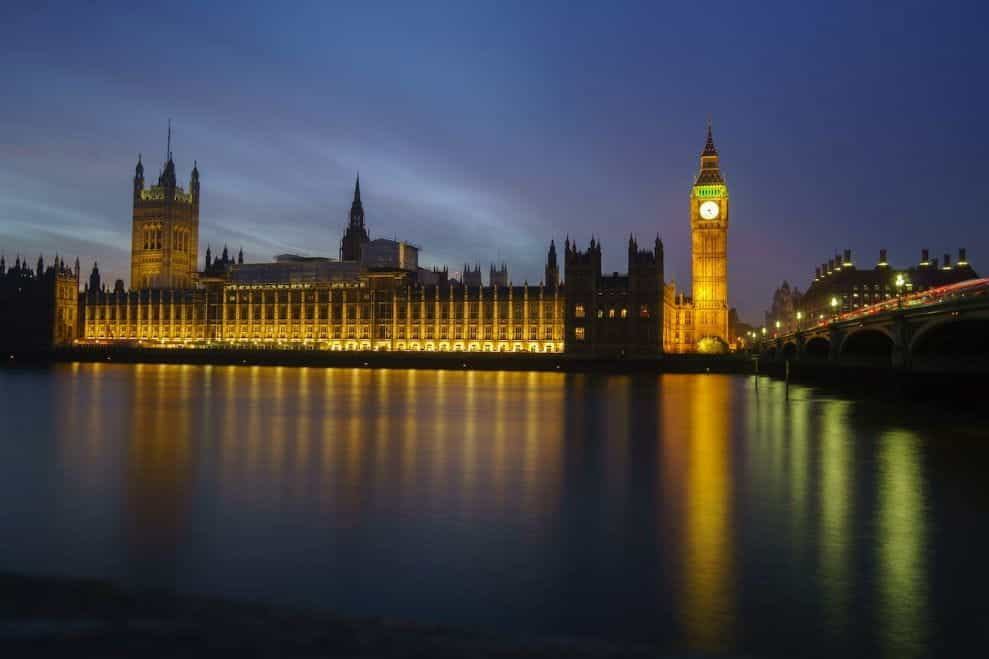DCMS to Investigate Gambling Regulation
A DCMS Select Committee is to conduct an inquiry into how gambling is regulated in the UK, ahead of the publication of the government’s Gambling Act Review white paper. The DCMS and the Gambling Commission have both faced criticism over their handling of problem gambling and technological innovations in the industry.

The DCMS Committee has invited written evidence on a set of questions relating gambling regulation. ©Naveen Annam/Pexels
Call For Evidence
MPs are set to examine the government’s approach to the regulation of gambling. The inquiry comes in response to warnings that not enough is being doing to protect young and vulnerable people from gambling-related harms. Both the DCMS and the Gambling Commission have been met with criticism over their approach to regulation.
Calls for action to be taken have come from the Public Accounts Committee, the National Audit Office and a House of Lords Committee. According to a statement issued by the DCMS, the government’s review of the 2005 Gambling Act was concluded last year. However, the review has been plagued by delays and a white paper is yet to be published.
No definite date has been given as to when the white paper might be expected, but government sources have recently assured that it will be published shortly. Earlier this month, gambling minister Paul Scully gave a speech at GambleAware’s annual conference in which he stated that it is hoped that the white paper can be published in the coming weeks.
Paul Scully is the fifth gambling minister to hold the job title since the Gambling Act review was launched two years ago. After just a month in the role, he described the task of bringing the UK’s legislation up to date as a ‘challenging brief’. The DCMS Committee inquiry will now investigate the progress made by the government in addressing the issues raised by Parliament.
Questions will also be raised over how to ensure that regulation can keep up to date with innovations in online gambling and the links between gambling, broadcasting and sport. The DCMS Committee has issued a call for written evidence on a number of set questions, with responses to be received by February 10th.
The questions ask about the scale of gambling-related harm in the UK, what the white paper’s key priorities should be and how broadly the term ‘gambling’ should be drawn. The Committee is also interested in gauging thoughts on the problems that could arise from online gambling operators based outside of the UK and whether it is possible for the regulator to stay abreast of innovation in online gaming.
Investigation Into Scale of Harms
Julie Elliott MP is the DCMS Committee’s chair. Announcing the inquiry, she made it clear that gambling remains an enjoyable past time for a large portion of the public. However, she noted that it is a struggle for regulation to keep up with the rapid pace of change in the sector, particularly in regards to online betting and gaming. Warning of the risks of outdated regulation, Elliott stated:
“This puts people at risk of the devastating harm it can sometimes cause to lives. The DCMS Committee’s inquiry will look at the scale of gambling-related harm in the UK, what the Government should do about it and how a regulatory regime can best adapt to new forms of online gambling, based both in and outside the UK.”
One of the most notable incidents over which the Gambling Commission has faced a backlash came in March 2021 when Football Index collapsed. The betting platform branded itself as an alternative stock market, although it was not regulated by the Financial Conduct Authority.
After going into administration, consumers found that their investments were unprotected. At the time it was estimated that customers may have lost up to £90 million in total. The government ordered an investigation into how the regulator handled the platform’s license, led by Malcolm Sheehan QC. The DCMS has also faced questions over its policy on video game loot boxes, whilst campaigners have called for a ban on gambling operators sponsoring the shirts of football clubs.
Black Market Fears
The Betting and Gaming Council has welcomed the DCMS Select Committee’s inquiry as an opportunity for the gambling industry to continue in its commitment to raising standards. The BGC, which was established in 2019, represents 90% of the UK’s regulated industry, including its bookmakers, casinos and online operators.
As the only industry body, it works with its members to make gambling safer, build public trust in the industry and support the UK economy. The BGC has already introduced a range of measures designed to make betting and gaming safer, from consumer tools like time-outs and deposit limits to technology that helps to identify gamblers that may be at risk of harm.
The BGC has warned against restrictions that could push customers towards the black market. It highlighted a number of European countries that have recently introduced tough sanctions on betting and restrictions on stakes and advertising. It claims that black market gambling has increased in those markets.
In Norway, over 66% of all money staked is with the black market. In France, that figure stands at 57% and in Italy at 23%. BGC boss Michael Dugher explained the issue further. He called on the government to ensure that its review is evidence-led, striking a balance between protecting the vulnerable and not unfairly impacting those that play safely and responsibly. Dugher added:
“Problem gambling may be low by international standards at 0.3 per cent, but one problem gambler is one too many. So we look forward to hearing from the Committee about what more can be done. We must also ensure that they do not drive people to the unsafe, unregulated black market online, where there aren’t any safeguards to protect vulnerable people.”



